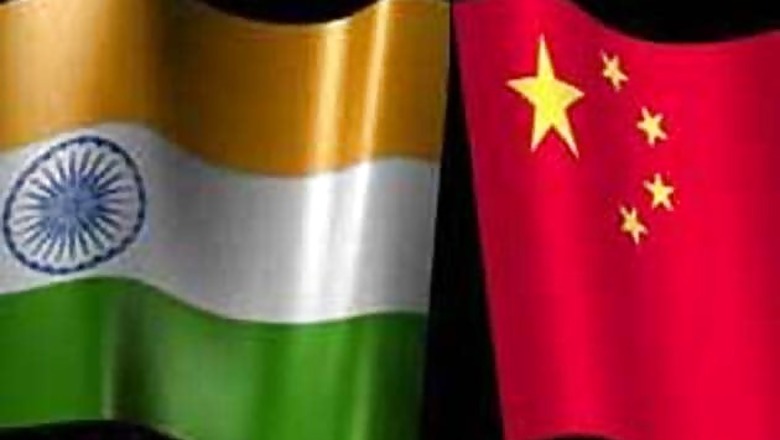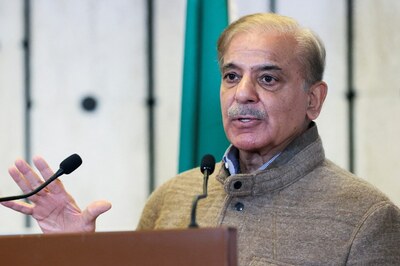
views
New Delhi: Seeking to step up bilateral ties amid hiccups, India and China on Tuesday decided to set up a new mechanism to maintain peace on their border, and resolved to enhance mutual trust as they ended the 15th round of boundary negotiations.
Called a "working mechanism for consultation and coordination on India-China border affairs," it was finalised after two days of talks between India's National Security Advisor Shivshankar Menon and China's State Councillor Dai Bingguo, who are special representatives on the boundary question.
The agreement was signed by India's ambassador to China S Jaishankar and China's Assistant Foreign Minister Liu Zhenmin in the presence of Menon and Dai.
"The working mechanism will address issues and situations that may arise in the border areas that affect the maintenance of peace and tranquillity, and will work actively towards maintaining the friendly atmosphere between the two countries," says the text of the agreement.
It will help prevent misunderstanding between the two countries arising from incursion into each other's territory, stemming from the undemarcated Line of Actual Control (LAC).
The mechanism will be headed by a Joint Secretary and a Director General from the Indian and Chinese foreign ministries respectively. It will also include diplomatic and military officials.
The two countries stressed that maintaining and strengthening peace and tranquility in the India-China border areas was very significant for enhancing mutual trust and for resolving the boundary question at an early date.
"It will study ways and means to conduct and strengthen exchanges and cooperation between military personnel and establishments of the two sides in the border areas," says the agreement.
The mechanism will not discuss resolution of the boundary question or affect the talks between special representatives, which began in 2003 in a bid to resolve the decades-old boundary dispute.
In the two-day talks here, Menon and Dai held discussions on a framework for a resolution of the boundary row.
They agreed to prepare a record for their governments on the progress made so far in these talks, said the Indian external affairs ministry.
The framework, stage two of their negotiations, will form the basis of the actual delineation of the boundary on the map.
The boundary talks were postponed in November after India refused to relent to Chinese objections to Tibetan spiritual leader the Dalai Lama's participation in a global Buddhist conclave in New Delhi.
Seeking to resolve irritants in bilateral ties, Menon and Dai also decided to step up coordination on global issues.
"The discussions were wide ranging, productive, forward-looking and marked by a commonality of views on many issues. (They) agreed there was scope for greater coordination on regional and global issues," said the ministry.
The 16th round of boundary talks will be held in China.
Asked about recent irritants like the denial of visa by China to an Indian Air Force officer, Foreign Secretary Ranjan Mathai chose to focus on positive aspects of what he called a growing relationship.
"There is a growing commonality on global issues ranging from climate change, the G20 process to the WTO negotiations. There is a dramatic growth in bilateral trade, which according to the Chinese state councillor reached $73 billion last year," said Mathai.
The refusal of a Chinese visa to an IAF officer from Arunachal Pradesh led India to scale down the strength of an Indian military delegation from the original 30 members to 15.
Ahead of the talks, Dai, who is said to be close to Chinese President Hu Jintao, rejected rivalry between India and China and predicted "a golden period" for bilateral relations.
"What we face is a golden period to grow China-India relations. The world has enough space for China and India to achieve common development, as there are so many areas for us to work together," said Dai.


















Comments
0 comment